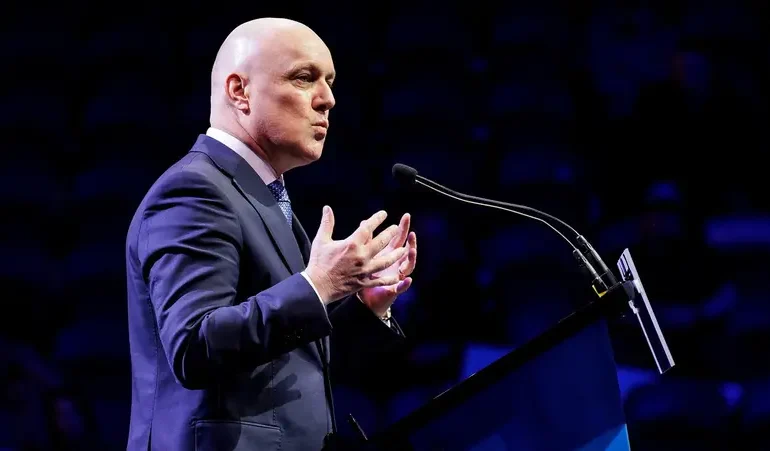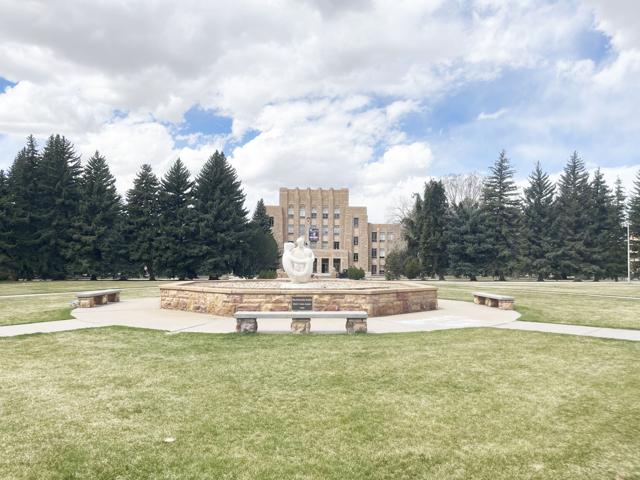Why New Zealand Prime Minister Issued Unprecedented Apology for Abuse in State, Church Care

New Zealand Prime Minister Christopher Luxon issued a formal and “unreserved” apology on Tuesday to survivors of abuse in state and church care spanning seven decades, marking a significant moment in the country’s history. The apology, unprecedented in its scope, addressed abuse experienced by thousands of children, young people, and vulnerable adults from 1950 to 2019, Al Jazeera reports.
The apology comes following the publication of a damning report by the Royal Commission of Inquiry into Abuse in Care, which found that around one in three people in state or religious care during that period experienced abuse. The inquiry, initiated in 2022, heard evidence from over 2,300 survivors, revealing horrific accounts of physical and sexual abuse, with some victims even subjected to torture, including electric shocks and sterilization.
Targeting of Indigenous Communities
The report highlights the disproportionate impact of abuse on Indigenous Maori and Pacific Islander communities. These groups were often barred from engaging in cultural practices and were subjected to discrimination and assimilation policies.
“Maori and Pacific children suffered racial discrimination and disconnection from their families, language, and culture,” Luxon acknowledged in his apology. “Blind children were denied access to books in Braille. Deaf children were punished for using sign language.”
Professor David MacDonald, a political science expert and member of the Royal Commission Forum, explained that the targeting of Indigenous children was part of a broader strategy of assimilation.
Reaction to the Apology
While many survivors expressed appreciation for the apology, several voiced concerns about its limitations.
“He kupu noa iho [it’s only words], if it is not backed up with anything tangible,” Tu Chapman, a Maori survivor placed in state care at the age of one and a half, said.
Other survivors criticized the lack of Maori involvement in drafting the apology and the absence of mention of the Treaty of Waitangi, a foundational document between the British and Maori people.
Moving Forward: Redress and Reconciliation
The government has committed to implementing the Royal Commission’s 138 recommendations, including better monitoring of care facilities to prevent future abuse. However, the lack of clear financial redress plans has left many survivors unconvinced.
The apology comes amidst a broader reckoning with New Zealand’s colonial past, including ongoing efforts to provide reparations for land taken from Maori communities.








